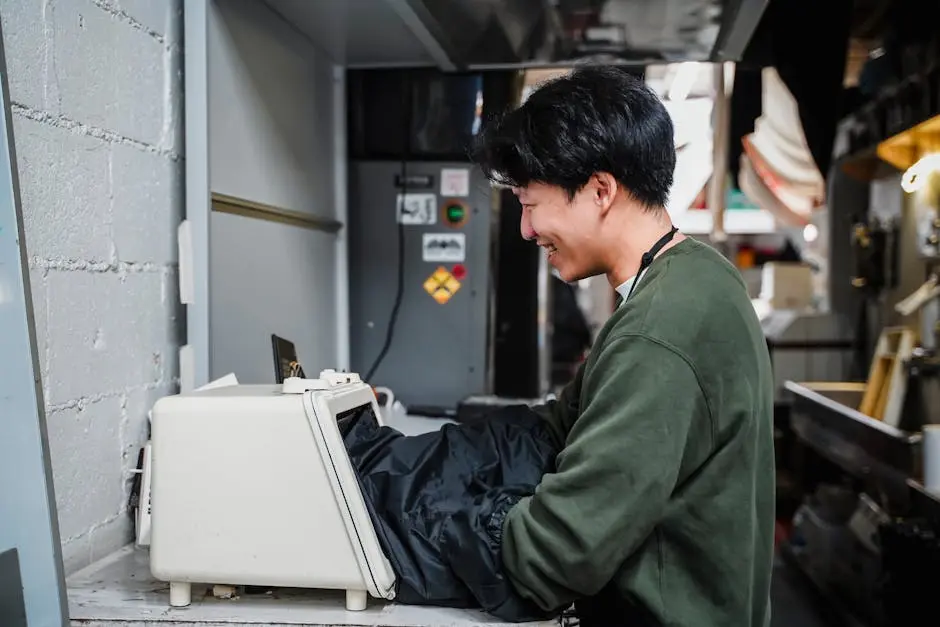The Importance of Safety When You Hire a Drone Pilot
Ensuring safety when hiring a drone pilot is crucial in today’s fast-paced, technology-driven world. As drones become more prevalent in various industries, understanding the significance of safety protocols can save time, resources, and even lives. In this blog, we will explore the key elements to consider when hiring a drone pilot and how to ensure a secure and efficient operation.
Understanding the Role of a Drone Pilot
A drone pilot is responsible for operating drones proficiently and safely. Understanding their role provides insight into how crucial safety measures are, especially when dealing with high-tech equipment. Drone pilots are akin to captains of their aerial devices, navigating complex airways while ensuring all operations are conducted without a hitch. As drone technology continues to evolve, the demand for professional pilots who can ensure flawless execution and adhere to stringent safety standards becomes imperative. Neglecting to consider a pilot's skill and capacity for safe drone operations can lead to mishaps and inefficient job execution, further emphasizing the importance of understanding these professionals' roles.
Moreover, the drone market is booming, with applications spanning from media and entertainment to construction and agriculture. For instance, drone pilots find themselves capturing breathtaking aerial footage for the film industry, as well as collecting critical data for assessing construction site progress. This versatility enhances the necessity for non-negotiable safety adherence, ensuring they are equipped to handle the demands of various environments effectively. Mastery over piloting alongside situational awareness not only ensures smooth operation but also protects all involved parties from potential hazards.
Key Certifications and Qualifications
When hiring a drone pilot, making sure they have the necessary certifications and qualifications is essential. These certifications ensure they are knowledgeable about the legalities and safety procedures of flying drones. For example, in the United States, the Federal Aviation Administration (FAA) requires drone operators to acquire Part 107 certification, which demonstrates thorough understanding of national airspace regulations and safety protocols. Ensuring that your pilot holds this accreditation is akin to a seal of approval, verifying their capability to execute operations both safely and lawfully.
Besides basic certification, experience with advanced equipment can be a distinct advantage. The certifications are not only indicative of a pilot's ability to control the drone but also demonstrate their commitment to staying abreast of the latest technological advancements, such as FAA-compliant flights using specialized applications like Aloft for airspace authorization. By prioritizing these qualifications, you are essentially safeguarding your project against legal infractions and operational inefficiencies that can arise from unqualified operators.
Experience Matters: Why It’s Important
Experience plays a significant role in ensuring safety. An experienced pilot is more adept at handling unexpected situations and is familiar with different operating environments. Experienced drone pilots have honed their skills through multiple flight missions, engaging with various technologies and navigating diverse air spaces. This wealth of experience equips them to not only manage the technology but also anticipate potential challenges. Such acumen ensures smooth operations, even under adverse weather conditions or in complex airspaces, thereby significantly minimizing project risks.
Potential hiccups like sudden wind currents can present challenges even to seasoned professionals, yet those with vast field experience are well-prepared to adapt their operations to maintain stability and ensure a successful flight mission. They are also likely to possess the ability for improvisation and swift decision-making, qualities that are beneficial in protecting both the equipment and the stakeholders involved. If you're interested in a collaborative partner to bring creative visions to life through aerial artistry, experienced drone pilots are your best bet.
Given the nuances embedded in drone operations, it's essential to recognize that experience contributes not only to successful project execution but to ensuring that safety remains a top priority throughout a mission. While hiring a novice could mean lower upfront costs, investing in experienced operators yields long-term peace of mind, superior output quality, and assured compliance with regulatory standards.
Ensuring Safety and Efficiency
In summary, hiring a competent and safety-minded drone pilot is paramount to achieving successful and secure operations. By prioritizing proper certifications, experience, and adherence to regulations, we can harness the full potential of drone technology while minimizing risks. Learn more about our services at Drone Genius.


